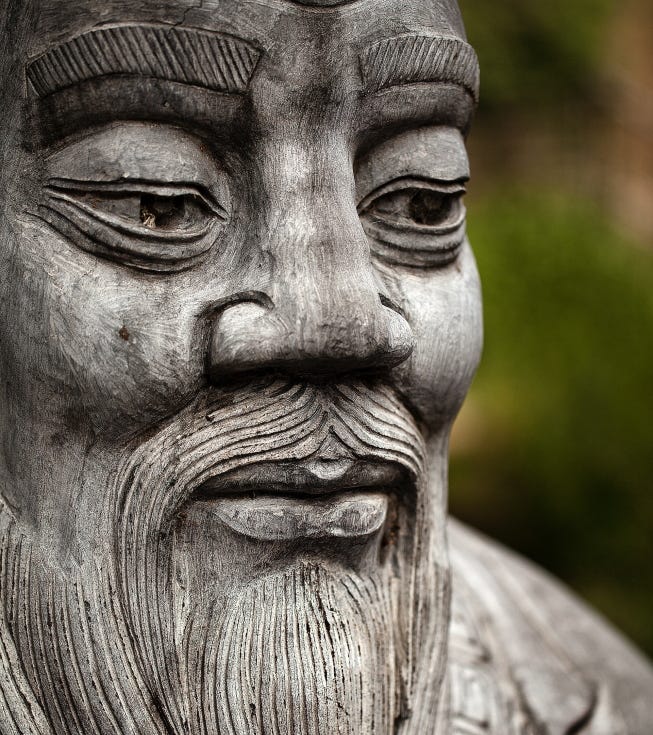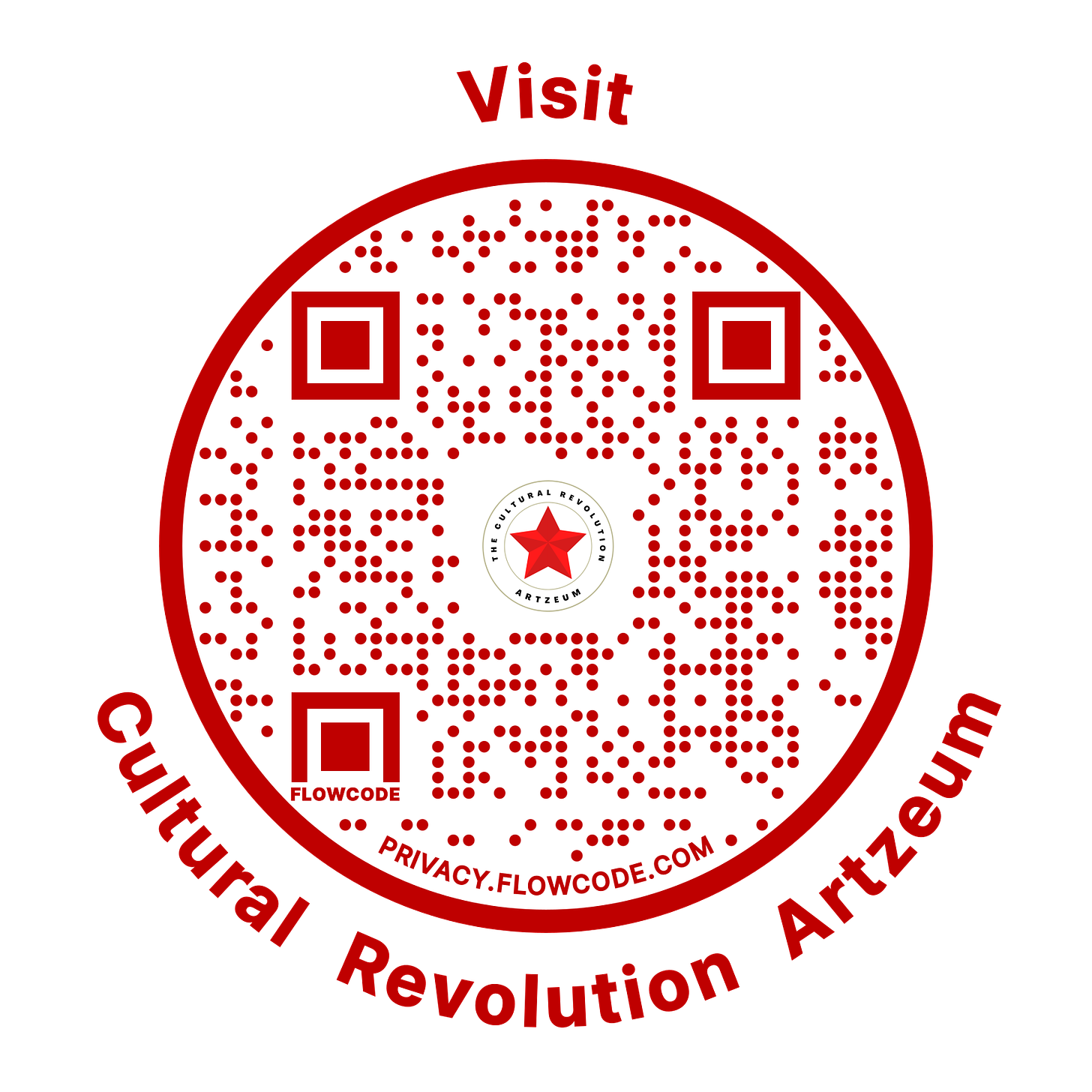📖 In “The Chapter on Learning” of “The Analects of Confucius,” Confucius speaks to the wisdom of leadership; applying finesse and maneuvering the subtleties of upper and lower social status and managerial positions.
The discussion begins with Confucius’ student, You Zi, saying, “礼之用,和为贵—The best outcomes are achieved by respecting the divisions of upper and lower positions and forging consensus.” (Analects 1.12)
When upper and lower positions are unclear or disrespected—it is difficult to forge consensus.
He continued, “有所不行,知和而和,不以礼节之,亦不可行也—Yet, even if by not respecting the divisions of upper and lower positions, and there is a semblance of a consensus—it still will not last.” (Analects 1.12)
🌫️With unclear divisions of upper and lower, even if there seems to be consensus, it will eventually lead to organizational turmoil.
You Zi added, “信近于义,言可复也;恭近于礼,远耻辱也;因不失其亲,亦可宗也—All involved should carry themselves with respect and think before speaking, treating everyone with due respect, and upholding the established consensus to avoid pushback. Rely on those with whom you have similar values. And don’t make drastic moves.” (Analects 1.13)
Confucius replied, “君子食无求饱,居无求安,敏于事而慎于言,就有道而正焉—A respectable person does not consistently think about satisfying their own needs. Work swiftly and be sensitive to the words you speak—then seek counsel from those more experienced.” (Analects 1.14)
Below, Confucius discusses with his favorite student, Zi Gong. In the discussion, they compliment each other by pointing out the other’s strengths.
Zi Gong asked, 子贡曰:“贫而无谄,富而无骄,何如?—And, if there is a fortuneless person who doesn’t cajole others, or a wealthy person who isn’t arrogant?” (Analects 1.15)
💰Zi Gong was a wealthy business owner and speaking of himself. He applied the comparison between a poor person and a rich person to point out that he, as a rich person, was not arrogant.
Confucius replied, 子曰:“可也。未若贫而乐、富而好礼者也—Yes. A poor person can learn to be happy, but the rich can learn to be amicable toward the poor. This will help the poor be happy.” (Analects 1.15)
Because the poor work for the wealthy, Confucius—being the teacher—needed to be cautious with his wording in front of his student; careful to not veer far from the truth.
Zi Gong quoted The Poetry Classics, 子贡曰:“《诗》云:’如切如磋,如琢如磨‘,其斯之谓与—In The Poetry Classics it says, ‘A work in progress improves over time,’—and you’ve taken my words and improved on them!” (Analects 1.15)
Confucius, replied, 子曰:“赐也,始可与言《诗》已矣,告诸往而知来者—Zi Gong! Now, we can begin a discussion about “The Poetry Classics.” (Analects 1.15)
🤲Rather than telling Zi Gong he will teach him more about The Poetry Classics, Confucius saw him as his peer offering to begin a deeper discussion.
From this conversation, we learn the importance of complimenting others. But, in order to compliment others, we need to understand them and realize their value. When we aren’t aware of the skills and talents of others—it will challenge us in how to compliment them.
When our focus is based on seeing the shortcomings of others—not their value—it is an uphill battle to know how to compliment them.
Confucius said, 子曰:”不患人之不己知,患不知人也—Don’t concern yourself that others don’t understand you, concern yourself that you don’t understand others.” (Analects 1.16)
As a leader, it is not important for those you lead to understand you. It is important that you understand them. Just as it’s important to practice patience, supportiveness, and understanding; while knowing the skill sets and abilities of those on your team—and how to make use of them—rather than expecting them to know yours.
Todd Cornell is the author of Heart Of China, How Mindfulness Changed My Life.
See my personal collection of Cultural Revolution artifacts at:
Thanks for reading Heart Of China Journal! Subscribe for free to receive new posts and support my work.
Visit my website: www.cultur668.com










